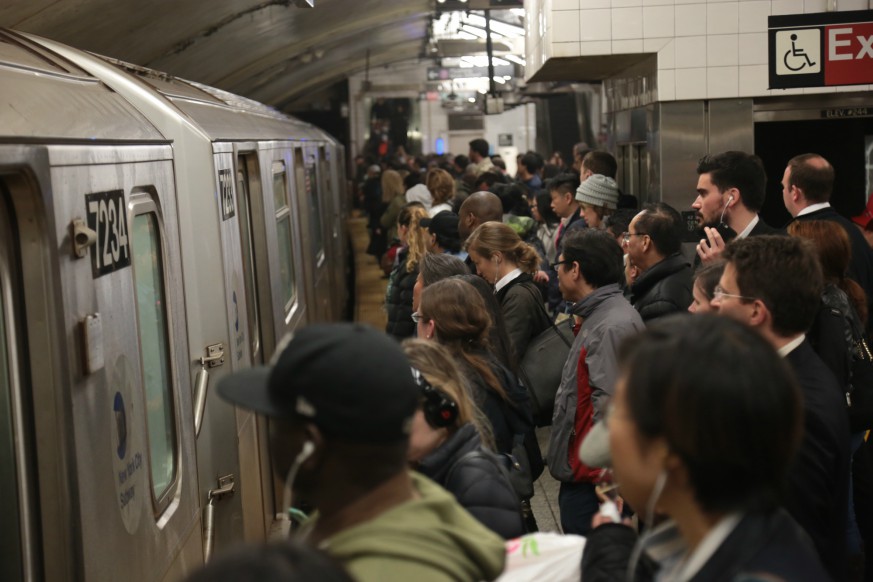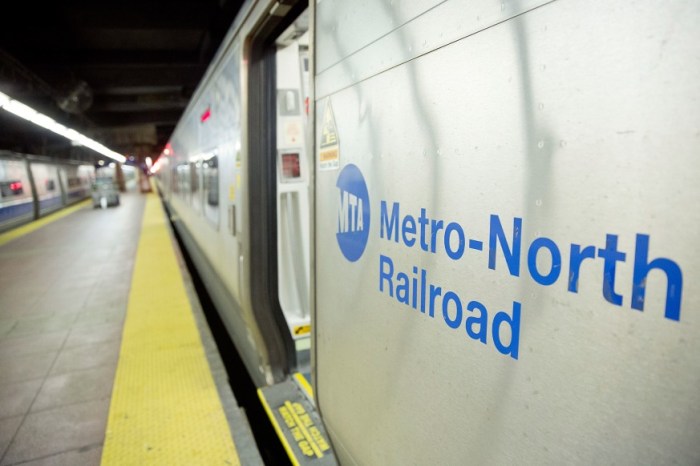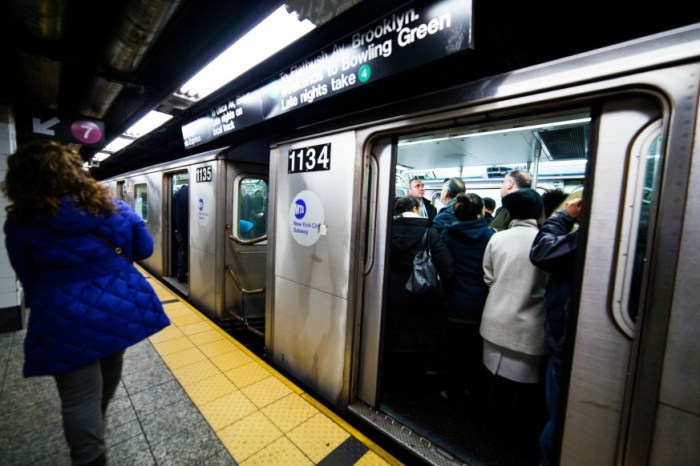Back in July, the MTA revealed its action plan to fix the city’s aged and in-crisis subway system and promised straphangers visible improvements within one year. So how is the agency doing, now that we’re nearly at the halfway mark of that vow?
According to new data cited by The New York Times Wednesday, there have been moderate improvements made within the system, including a drop in major service disruptions. There were 50 major weekday issues in December, the most current month such data is available. Comparatively, December 2016 saw 76 major incidents.
Trains are also traveling farther before they experience a breakdown, going roughly 120,000 miles in December as compared to 105,000 miles the year prior.
Despite the repair of more than 7,000 track deficiencies, the ever-present signal issues and track problems remained relatively unchanged from August through November, the last month such information is available, the Times reported.
“We need to get back to reasonable, defensible level of service reliability, where customers can rely on the subway service, can expect not to be delayed,” said Andy Byford, president of New York City Transit, which oversees subways, buses, paratransit services and the Staten Island Railway. “But to me, that is still not good enough. We still need to make trips shorter and wait times shorter.”
Byford took over NYCT last month, after spending five years at the Toronto Transit Commission. During his tenure with the TTC, Byford developed a plan to modernize its system and improve operations, which saw a subsequent reduction in subway delays, record customer satisfaction levels, an updated signal system and a subway line extension, all which resulted in the TTC being named the 2017 Outstanding Transit System of the Year by the American Public Transportation Association.
The first phase of the MTA’s Subway Action Plan comes with an $836 million price tag geared to “attack” 79 percent of common subway issues like signal and track maintenance, car reliability, system safety and cleanliness, customer communications and more, Chairman Joe Lhota said in July, just weeks after Gov. Andrew Cuomo declared a state of emergency for the system.
























